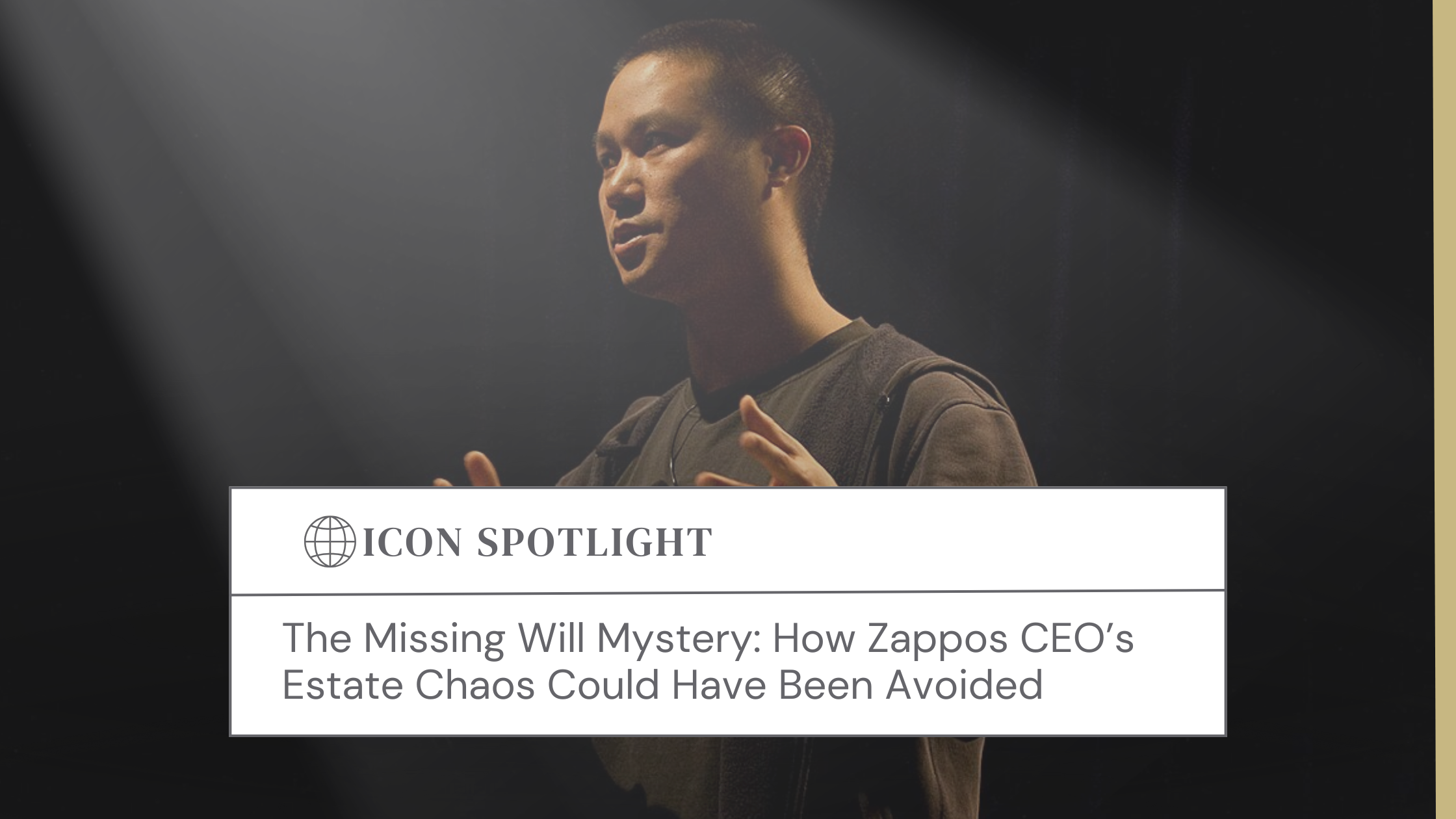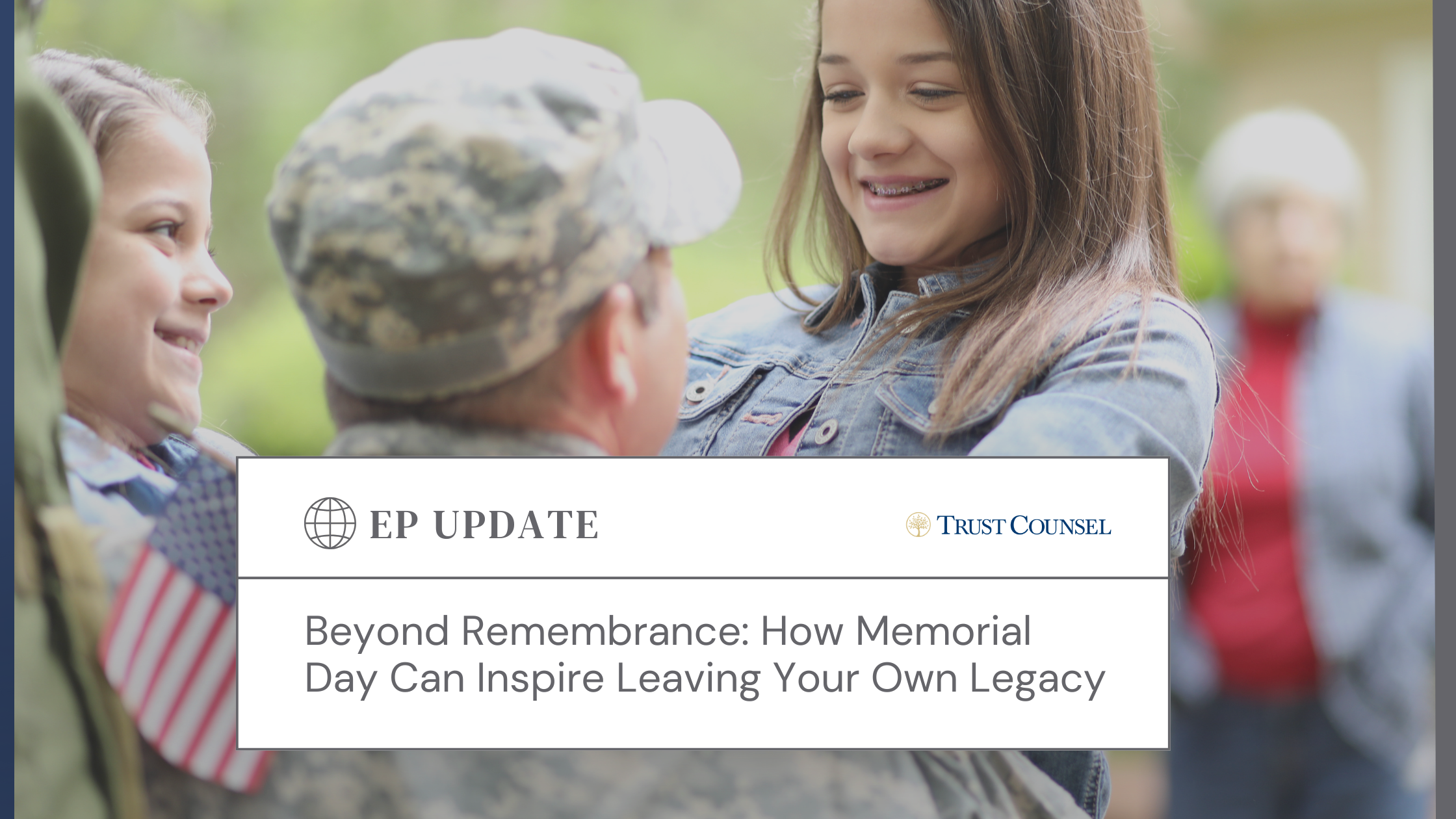
Life insurance products can be complicated, and because they often come with high commissions for the people selling them, it can be hard to know what to buy and who to trust when you are making that decision. The place to start is to think about whether and why you need life insurance. The most basic reason is if you have an obligation or need to provide income replacement for others who depend on you. That means if you have anyone dependent on you, get some kind of life insurance–as we like to say here “insurance, says I love you.”
The type of life insurance you should buy depends on your family goals and circumstances. The two main types of insurance you’ll hear about are “term” and “whole life.”
Term insurance is in effect for a specific period of time and if you do not die during that period, the insurance doesn’t pay. For example, you may have a 10-year term policy. Each year, you pay your premium and if you don’t die during that year, you’ve lost the premium (but gained your life, which is nice!) Because it’s 10-year term, the rate will remain the same for 10 years, at which point you have to re-apply for the insurance, which means full application and health exam and a rate increase because you are 10 years older.
In contrast, whole life is designed to be in effect until death. That means that no matter when you die, if your policy is paid up, your insurance will pay out. Whole life policies have an investment component that accumulates a cash value while also guaranteeing a death benefit. So each year that you pay your premium and don’t die, part of the premium you paid is gone, but part of it is allocated to the investment part of your policy, which means you are building up an investment.
Here’s the thing about that … sometimes (often?) insurance is not the best investment vehicle, primarily because of how much of the premium goes to pay commissions on the policy rather than to your investment account.
But, if your spouse or child or business is going to need insurance when you die, you will want to get a permanent, whole life type policy.
The bottom line with life insurance is to make sure you realistically assess your needs and then purchase an amount of insurance that meets that need. We recommend that you run your insurance decisions by us, your Estate Planning Lawyer, as we are objective, not paid a commission and on the same side of the table you are–interested in keeping your family out of court, out of conflict and well-cared for when you can’t be there.
We believe in developing trusting relationships with families for life. That’s why we offer a Family Wealth Planning Session, where we can explain life insurance and other alternatives further and help identify the best strategies for you and your family. You can begin by calling our office today to schedule a time for us to sit down and talk because this planning is so important.





